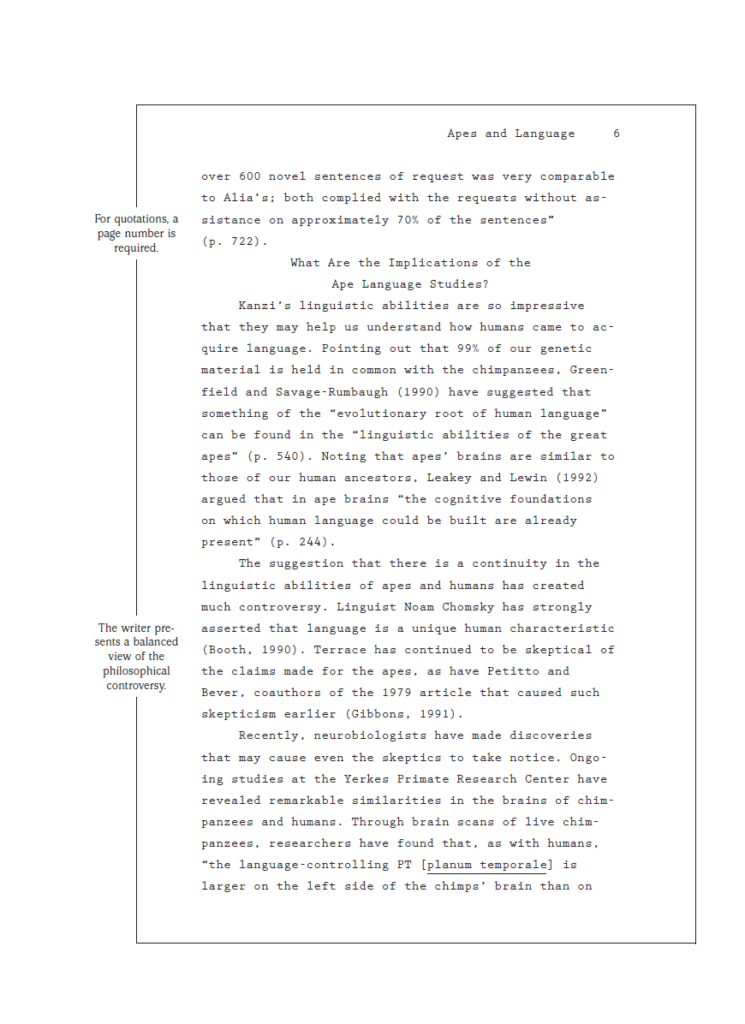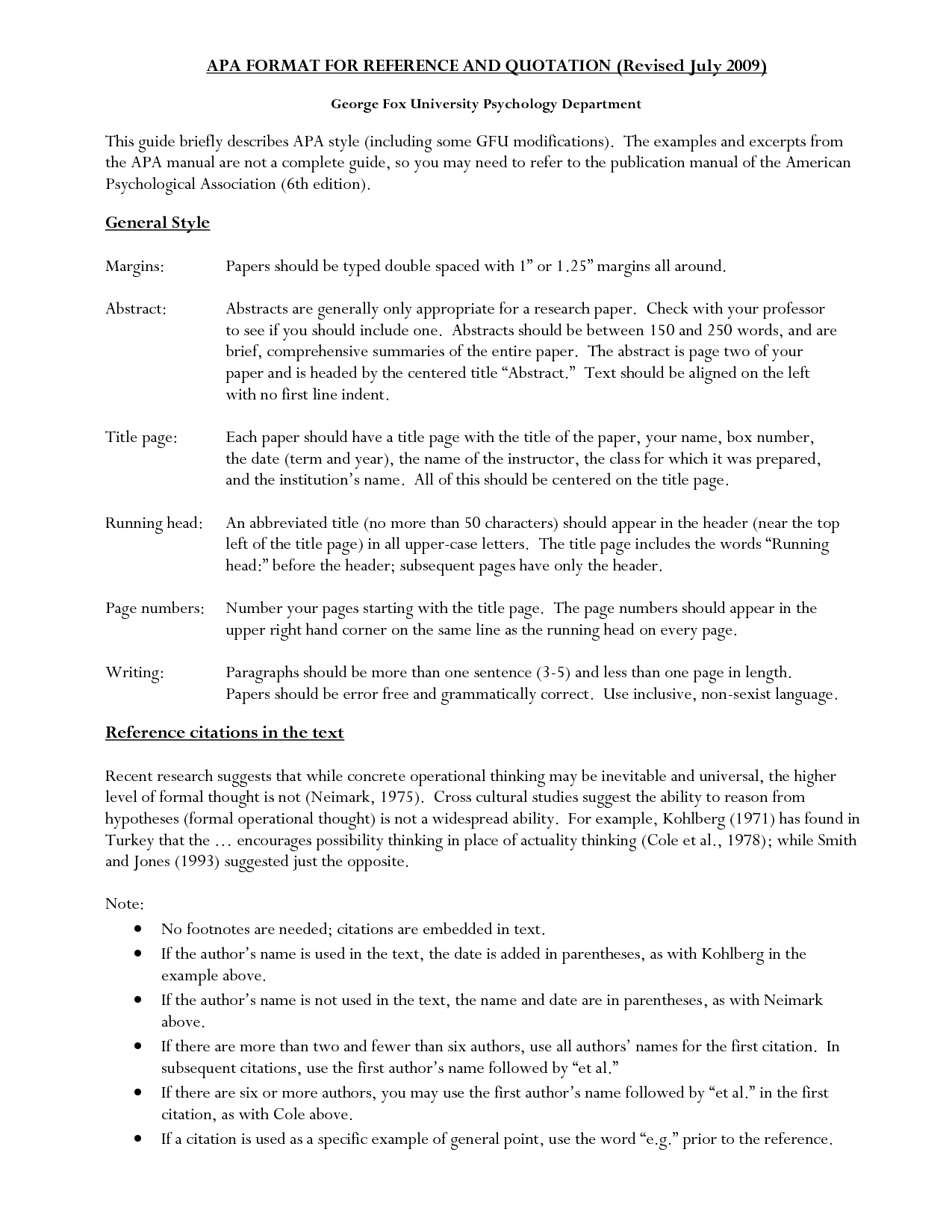

Also included is management of obstetrical, neonatal and pediatric emergencies. This course is a continuation of EMTP 2031 and provides theory and skills at the EMT-Paramedic level for managing medical emergencies including patient assessment, medico-legal issues, airway management, fluid therapy and pharmacology, geriatric care and management of respiratory emergencies, assessment and management of cardiac emergencies including rhythm interpretation and dysrhythmia treatment modalities as well as assessment and advanced management of trauma. Semesters available: Offered based on need. The scheduled dates and times vary throughout the year. This course is a flex course and may not follow the regular College calendar. The Paramedic Program is broken into three Phases: Didactic, Clinical, and Field Internship. This course is designed to prepare the student for National Registry Testing. Successful completion of this course includes certification in Advanced Cardiac Life Support. In-hospital training and field internship are included. This course is a continuation of EMTP 2030 and provides theory and skills at the EMT-Paramedic level for managing medical emergencies including patient assessment, medico-legal issues, airway management, fluid therapy and pharmacology, geriatric care and management of respiratory emergencies, assessment and management of cardiac emergencies including rhythm interpretation and dysrhythmia treatment modalities as well as assessment and advanced management of trauma.

This course provides theory and skills at the EMT-Paramedic level for managing medical emergencies including patient assessment, medico-legal issues, airway management, fluid therapy and pharmacology, geriatric care and management of respiratory emergencies, assessment and management of cardiac emergencies including rhythm interpretation and dysrhythmia treatment modalities as well as assessment and advanced management of trauma. Students will demonstrate attainment of the knowledge needed for the specialized areas of the program.Students will demonstrate professionalism as needed for the specialized areas of the program.Students will demonstrate the technical skills needed for the specialized areas of the program.Contact your faculty advisor to establish an educational plan. For information on class schedules and times, please contact the Health Sciences Office at 419‐755‐4805. Please Note: Many of the Health Services Technology courses/programs are offered as "flex" courses and may not follow the college's term calendar. The Associate of Applied Science degree is awarded for the completion of this program. Students who are seeking another degree option or who already have a health technology degree may enroll in additional specialization areas to obtain certification.
#Apa style paper on medical and surgical asepsis full
30 credits from technical electives, including the completion of at least one full area of specialization (up to 9 credits may be chosen from a list of related electives).15 credits from general education core courses.Students must complete a minimum of 64 credits as follows: Since there are many combinations of specialization, students should contact the program director to discuss their career goals and plan for their individualized curriculum.

Certificates by State, National, and certifying organizations will show competency in the specialized areas. Students will be required to complete at least one full area of specialization beyond the general education requirements and the core health technology courses. Graduating students will be able to perform more than one healthcare function in the ever changing health care delivery system. North Central State College's Health Services Technology degree program is designed for students wanting to be cross‐trained in several healthcare skills.


 0 kommentar(er)
0 kommentar(er)
